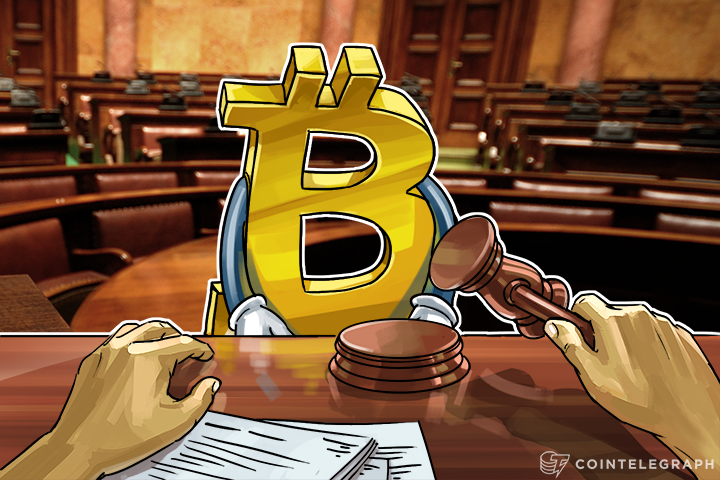A money-laundering case in Miami is expected to determine what the future of Bitcoin in the U.S. will be.
A 32-year-old Florida man is charged with attempted money-laundering after illegally selling $1,500 in Bitcoins. The essential question is: was it really money he was laundering?
The verdict of Miami-Dade Circuit Judge Teresa Mary Pooler may serve as a landmark of what Bitcoin actually is from the US law’s viewpoint. It’s the fact that this is the first case of its kind which makes it so special.
What are you Bitcoin?
The actual history of Bitcoin use and officials’ attempts to regulate it, is, to express it mildly, a mess. Some see Bitcoin as property, others as money, and even more as something in-between. Thus, the Internal Revenue Service in March 2014 issued the statement that “virtual currency is treated as property for U.S. federal tax purposes”.
In line with that, the Commodities and Futures Trading Commission found in September 2015 that “Bitcoin and other virtual currencies are properly defined as commodities.” However, in December 2015, the Securities and Exchange Commission, in its charges against two Bitcoin mining firms, described Bitcoin in the same way as U.S. dollars.
Between money and property
On the other hand, as long ago as March 2013, FinCEN suggested that an exchanger or administrator of some mysterious “virtual currency” which wasn’t referred to by name is an MSB (Money Service Business) under FinCEN’s regulations. That means these exchangers and administrators are subject to MSB registration and reporting regulations etc., while just “users” of MSBs are free of those. Only the line between the exchangers and users appears to be drawn in the sand.
On June 20th, the first Bitcoin auction in Australia is taking place in Sydney. Around 24,500 Bitcoins seized in late 2013 from a Melbourne drug dealer are going to be on sale. Auctioning Bitcoin off suggests that local authorities in Australia view Bitcoins as property, not money. While on the other hand, for instance, Japan does officially recognize Bitcoin and other virtual currencies as money.
Comic books for Professor Evans
This time around, the fate of a Florida man and the destiny of Bitcoin seem to be on a different set of scales. The defense and the prosecution have differing arguments over the cryptocurrency. Last Friday, Barry University economics Professor, Charles Evans, appeared in court as a defense witness testifying that Bitcoin isn’t really money, but rather something equivalent to poker chips or comic books.
However, as the prosecution points out, one can pay with Bitcoins in some restaurants as you can do with money, but this is obviously not possible with comic books or poker chips. This would seem to suggest that Bitcoin is more equal to money. Professor Evans himself was even paid for attending court in Bitcoins.
Whether Bitcoin will be defined as money in Florida or not – the verdict will play a noticeable role in future definitions and usage of Bitcoin. It seems as if something so big is going on that it is hard to predict what kind of movement the decision will cause around the world. Either way, it is going to add its own spice to the realm of uncertainty that envelops Bitcoin.
Read more here.


